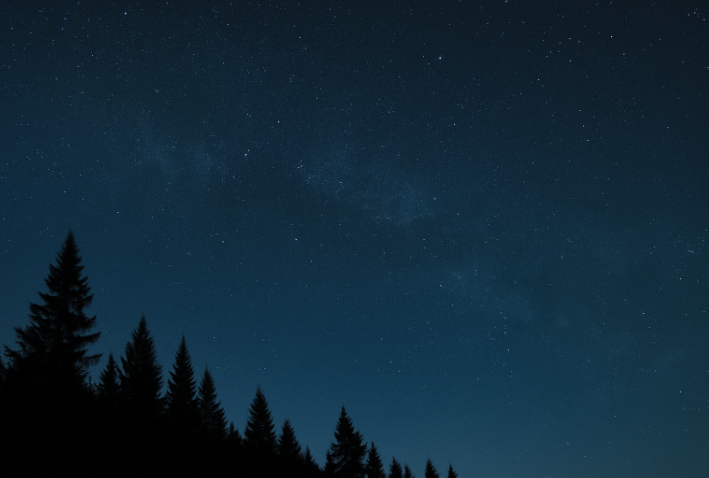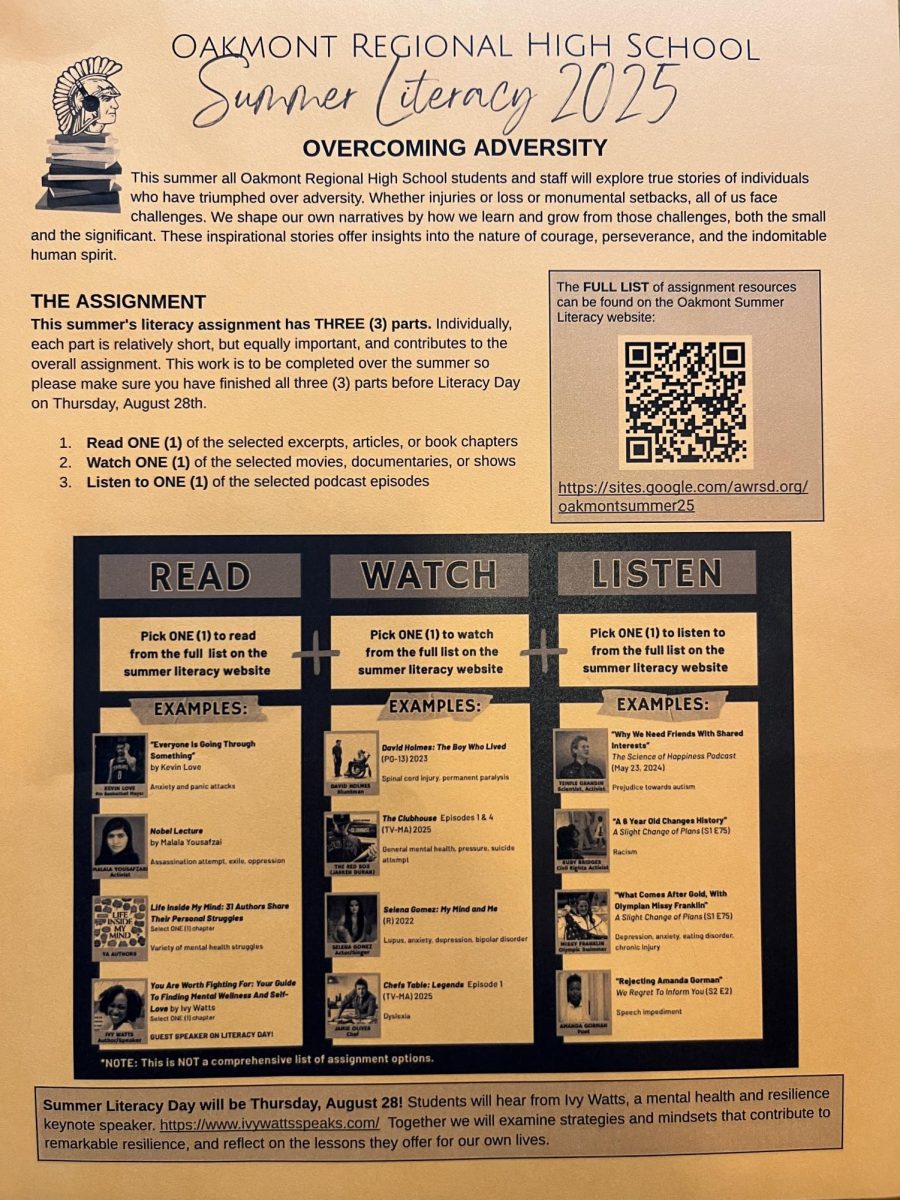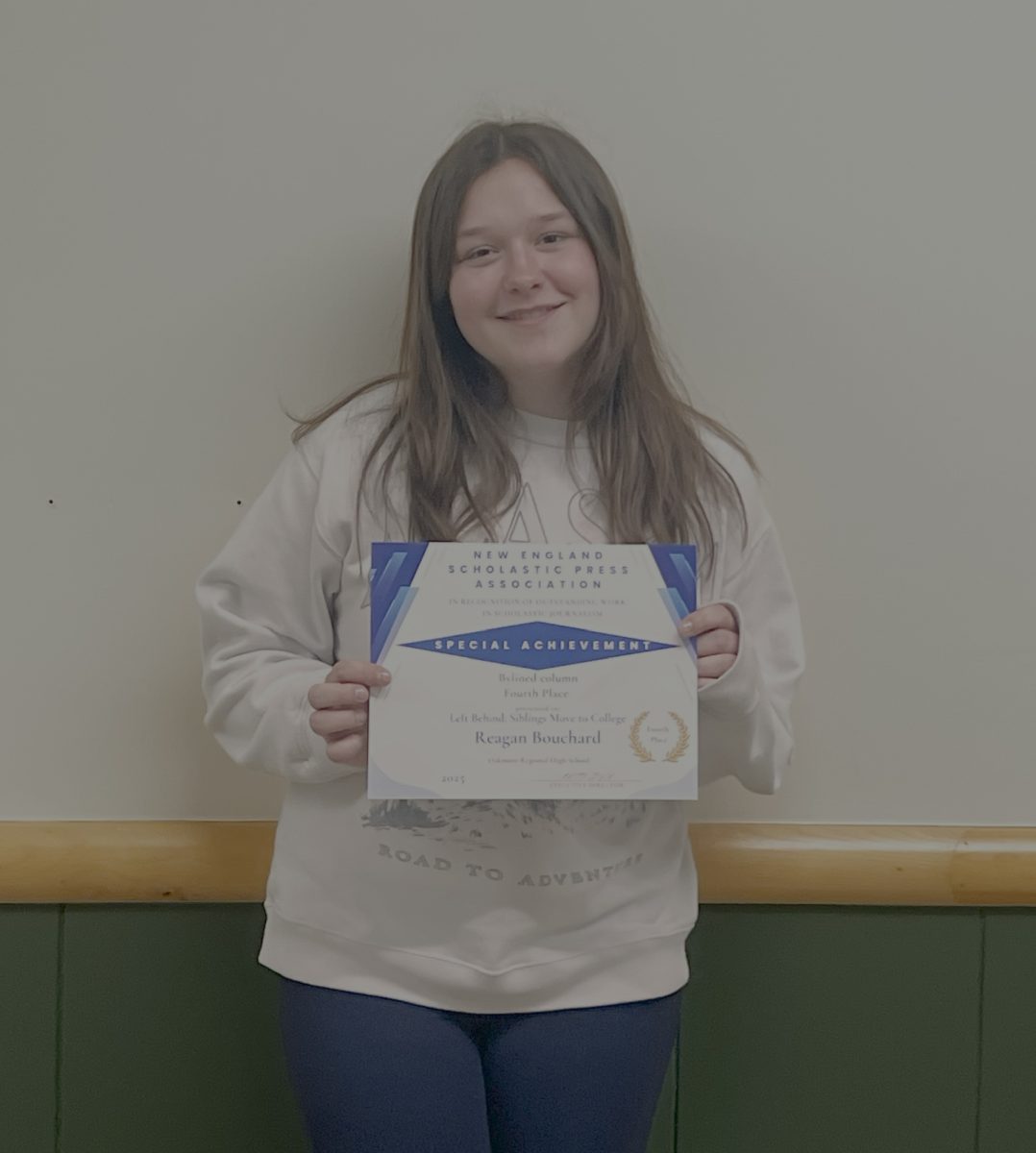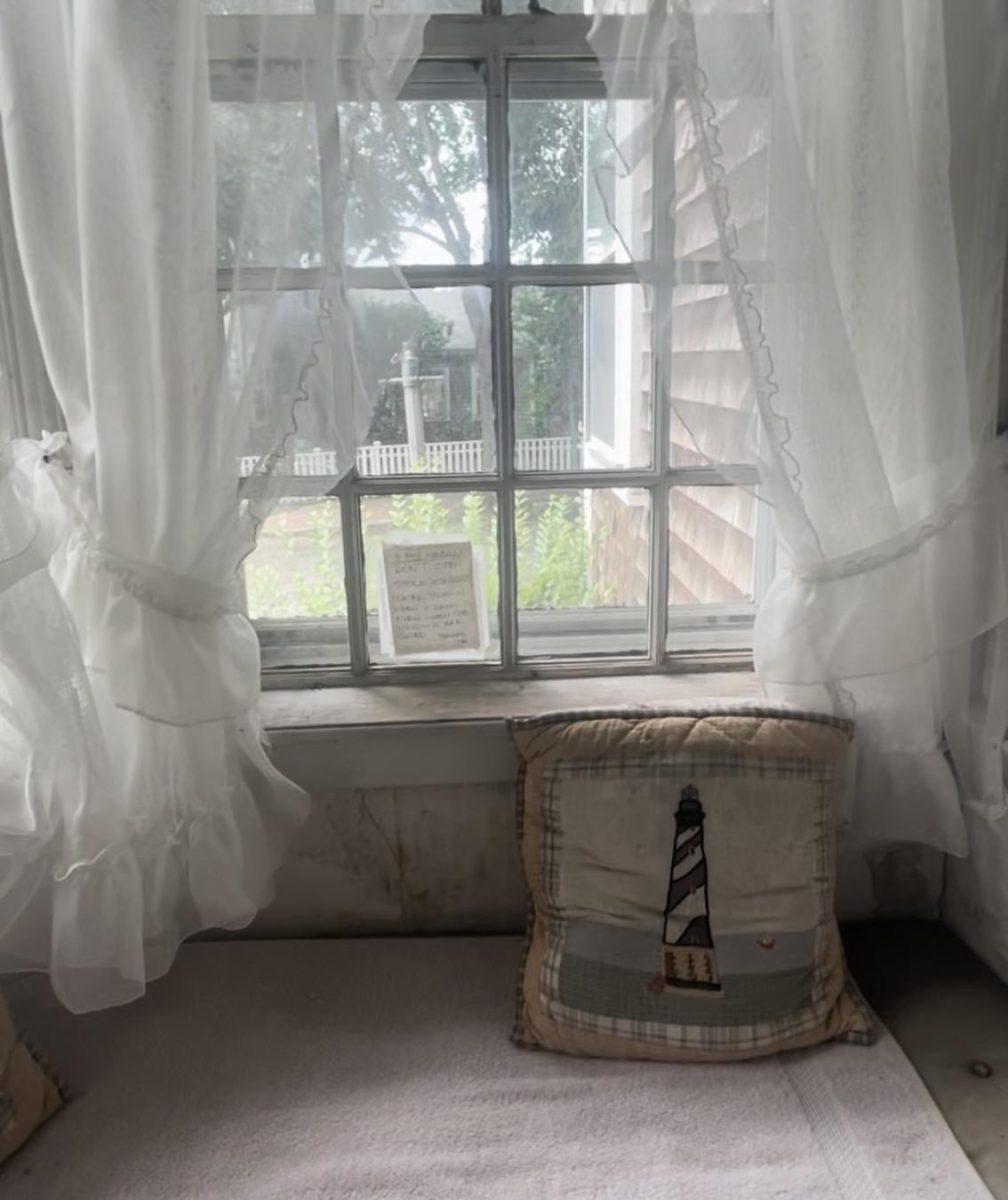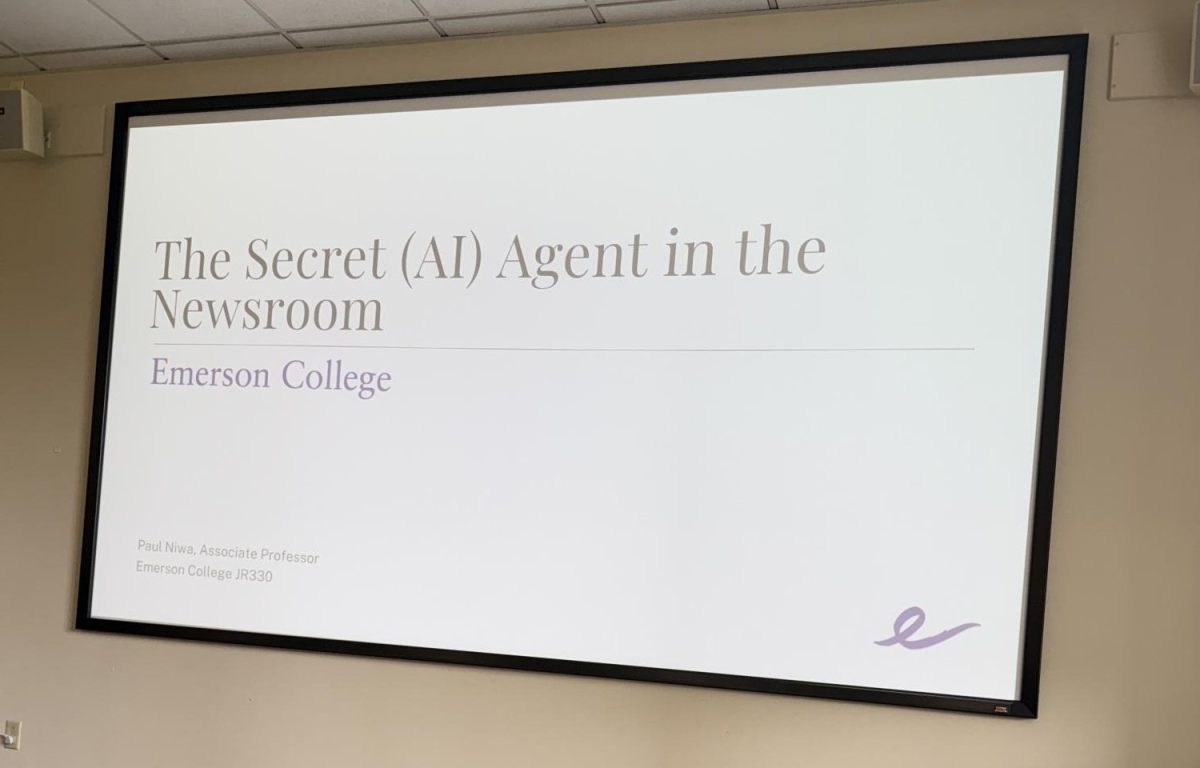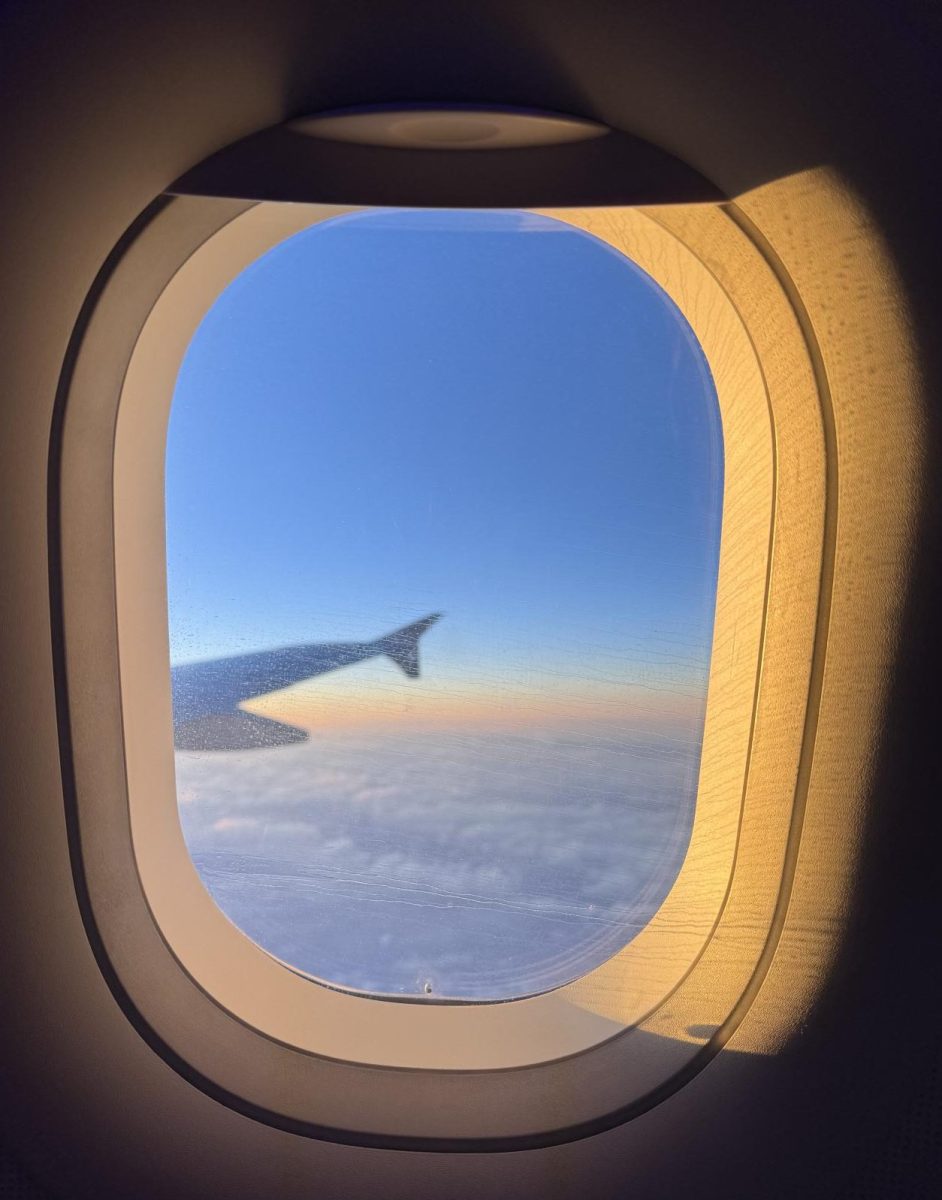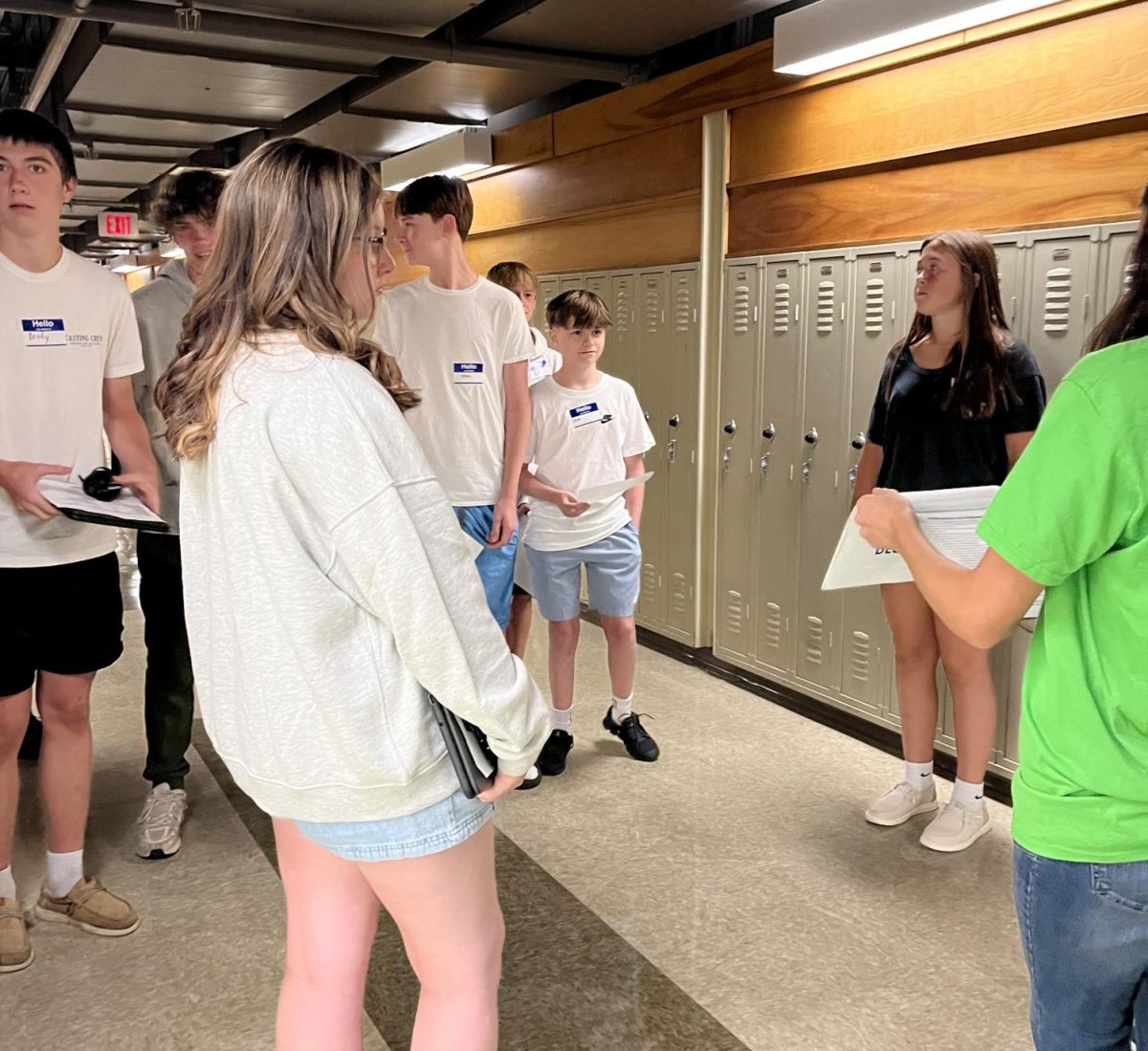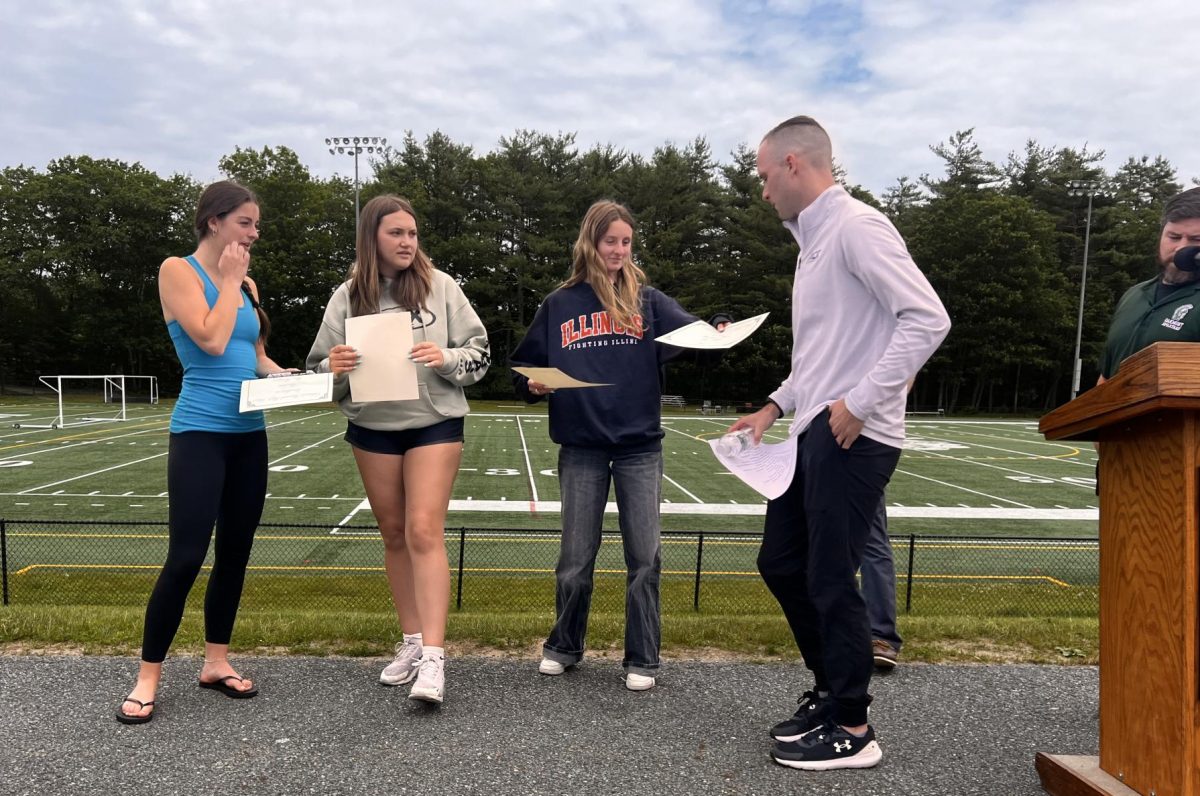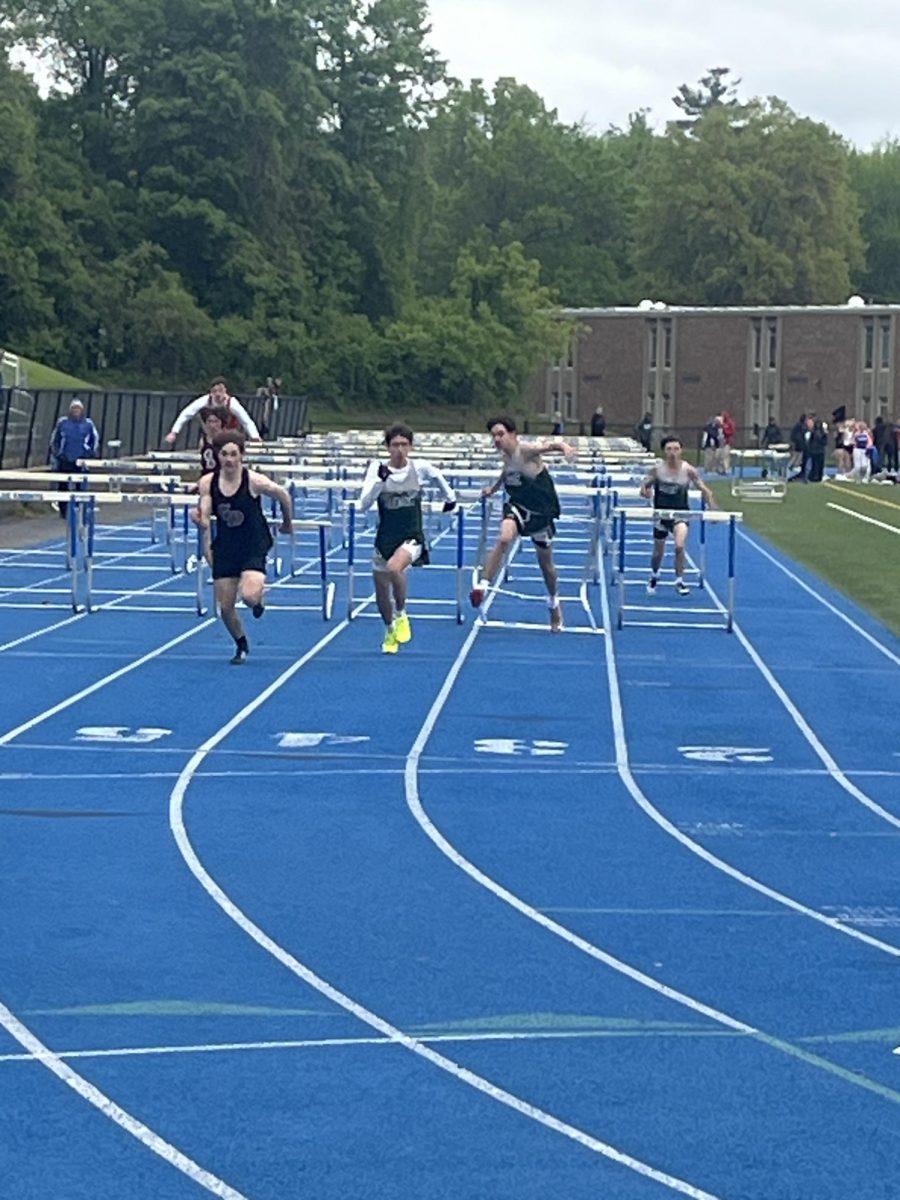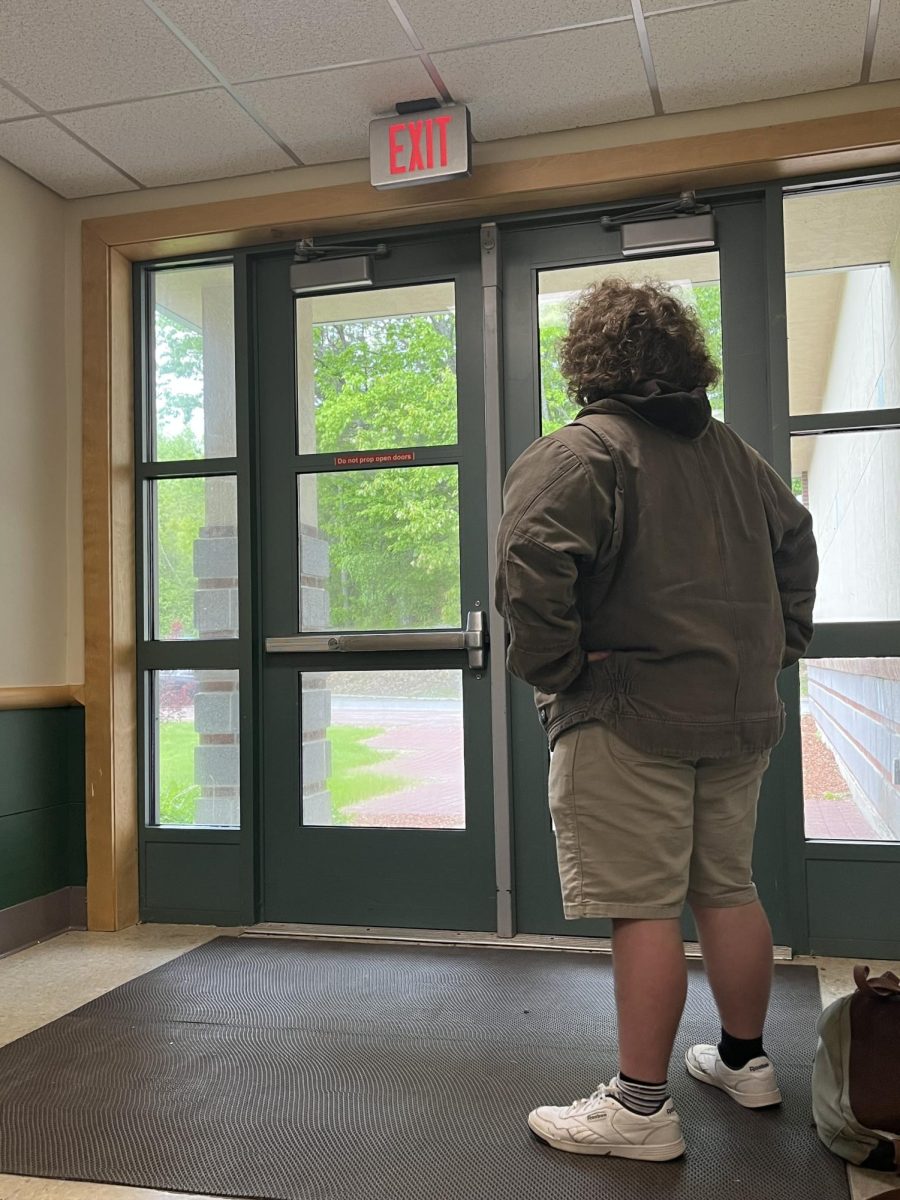There are facts and reasons why some people might not get a full night of sleep, whether it’s getting more than 8 hours or less than 4 hours. This article will give you several reasons why people might not get a full night’s sleep.
According to CDC.gov in 2015 , 72.7% of high school students from 9-12th grade don’t get enough sleep most nights. Another study says that, in 2021 there were 84% of 12th grade students who didn’t get enough sleep.
Did you know that according to CDC.gov 95% of female students get less sleep than male students. The study shows that throughout the years the percentages of teens who don’t get enough sleep have increased from 2009-2021, within that study females have been shown to be the gender that gets the least amount of sleep. Taken from research
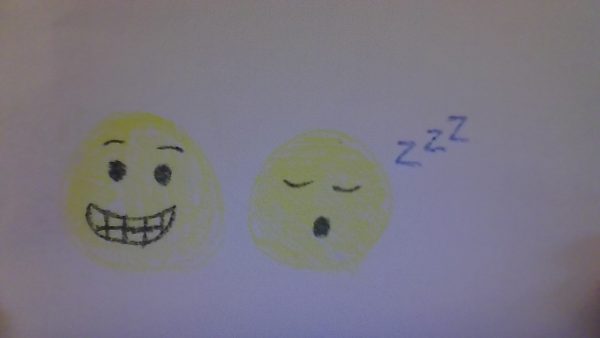
at “HealthyChildren.org” females don’t get that much sleep as much as men because of stress, anxiety, and worry. Some factors that contribute to these areas are social media and even sports.
Henry Ford Health says that there are multiple reasons why you only get 4 hours of sleep. If you have caffeine late in the day it’ll make your “sleep more restless,” which could mean that you will not get as much sleep as you typically need. Next, due to partaking in work, electronics aka ( phones, computers, and TVs ) can be the reason why you’re only getting a few hours of sleep. The site also states that watching your clock to see how many hours you have slept can cause stress, which leads you to getting less hours of sleep than you actually need.
According to CDC.gov, ten out of the fifty states(Michigan, Illinois, Indiana, Ohio, Pennsylvania , Kentucky, West Virginia, North Carolina, and Louisiana.) have the highest percentage between 80.0-83.9% of teens who don’t get enough sleep. Pennsylvania has the highest percentage of 83.9% of people who don’t get enough sleep. Puerto Rico is the state with the lowest percentage of 71.1% people who don’t feel rested enough . Being in the middle of the percentage rates, Massachusetts has 79.6% of people who don’t get enough sleep like they are supposed to.
As stated in the article from Cleveland Clinic, your sleep environment could be the reason why you’re so tired after a full 8 hours. What your sleep environment means is what’s going on around you, or it could be the temperature of the room that you are sleeping in.
Violet Woodward, a freshman student at Oakmont mentions that, “ I get 5-7 hours of sleep each night because my room is very cold and I share a room with my sister and she is up later.”
But if you don’t have problems with your sleep environment then it could be because of your mental health, or it could be your diet.
Mrs. Hefferan, the school nurse at Oakmont Regional High School mentioned that, “Some people may feel tired after 8 hours of sleep for many different reasons, some of which may be stress, too much screen time before bed, poor sleep quality, poor sleep environment. Poor diet can also affect your quality of sleep.”
According to one of the studies from Calm.com it states that eating big meals before you go to bed can affect your sleep, such as eating heavy or rich meals. This means that anything that has carbohydrates like pasta, meat and potatoes are considered rich or heavy foods that aren’t meant to be eaten only a few hours before you go to bed.
Cleveland Clinic also states that drinking alcohol hours before bed can affect your sleep. Piedmont says that it’s because it “disrupts the release of melatonin in your brain.”
According to Cleveland Clinic, you may also have a sleep disorder or a medical condition if you’re not able to get sleep.
There are a few disorders and conditions that keep some people from sleeping a full 8 hours such as, “RLS,” “ Sleep Apnea,” “Anemia” and as well as “ POTS”, and ” SSS.”
According to Cleveland Clinic There are many different types of sleep disorders like “ Sleep Apnea,” this is where you temporarily stop breathing while you are asleep, which can make you feel drained regularly. If you have feelings of fogginess and need to move while you’re sleeping/resting then you might have “ RLS,” “Restless leg syndrome.” Then there’s also something called “Anemia” . This is where you have low iron and it causes you to feel tired, even after a full 8 hours of sleep. Lastly , “POTS.” Cleveland Clinic studies have shown that ” Postural orthostatic tachycardia syndrome,” is a condition that causes a “transition from lying down to standing up, such as a fast heart rate, dizziness and fatigue.” If you sleep for less than 6 hours a day you might have “ SSS” “ Short Sleeper Syndrome.” Cleveland Clinic states that people who have “ Short Sleeper Syndrome” don’t need as much sleep as a typical person would. With this in the morning you would wake up and feel rested, and feel like you just got a full night of sleep when you really didn’t.
Mackenzie Orange a sophomore student at Oakmont states that, “ Well POTS doesn’t really affect how I sleep at night, it mainly affects my fatigueness during the day. It doesn’t matter if I get a good night’s sleep or not, I’m still going to feel tired during the day due to my heart condition.”
Mrs. Hefferan, the school nurse at Oakmont Regional High School states that, “Some people’s bodies do come accustomed to shorter sleep times as they get older. Other times lack of sleep may cause you to feel wide awake but this may not last too long.”
To help you in trying to sleep for more than four hours, Henry Ford Health says to try reading a book that you really like but is easy to set aside. If that doesn’t work then try White noise, the noise of a fan can help you sleep better. They also recommend practicing “ stress reduction techniques “ that can help you, because doing it before you go to sleep can help you relax and which can also help you fall asleep much easier.




